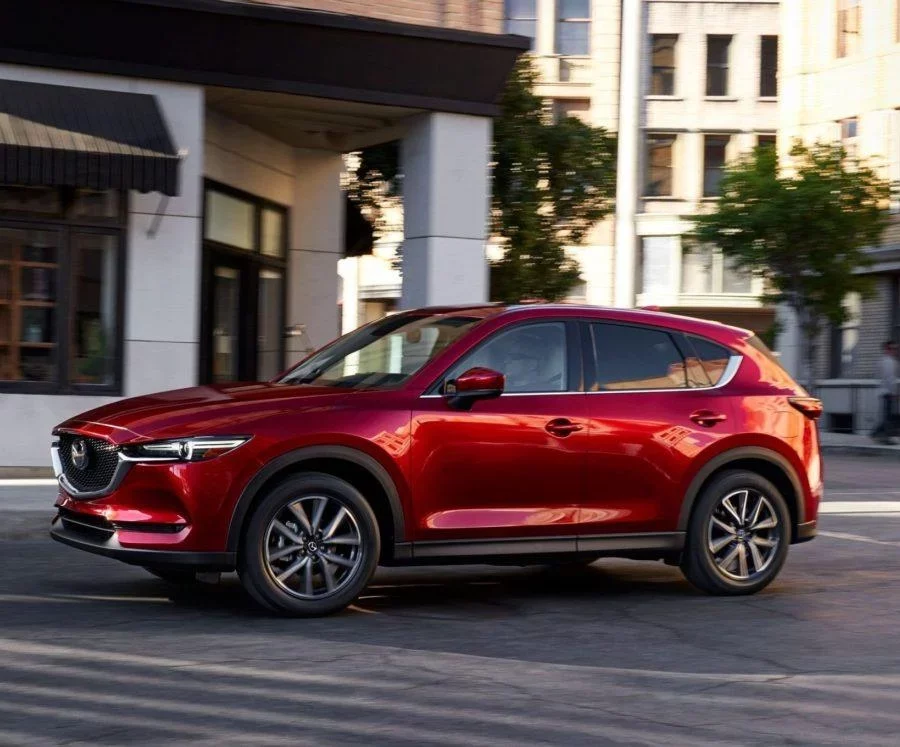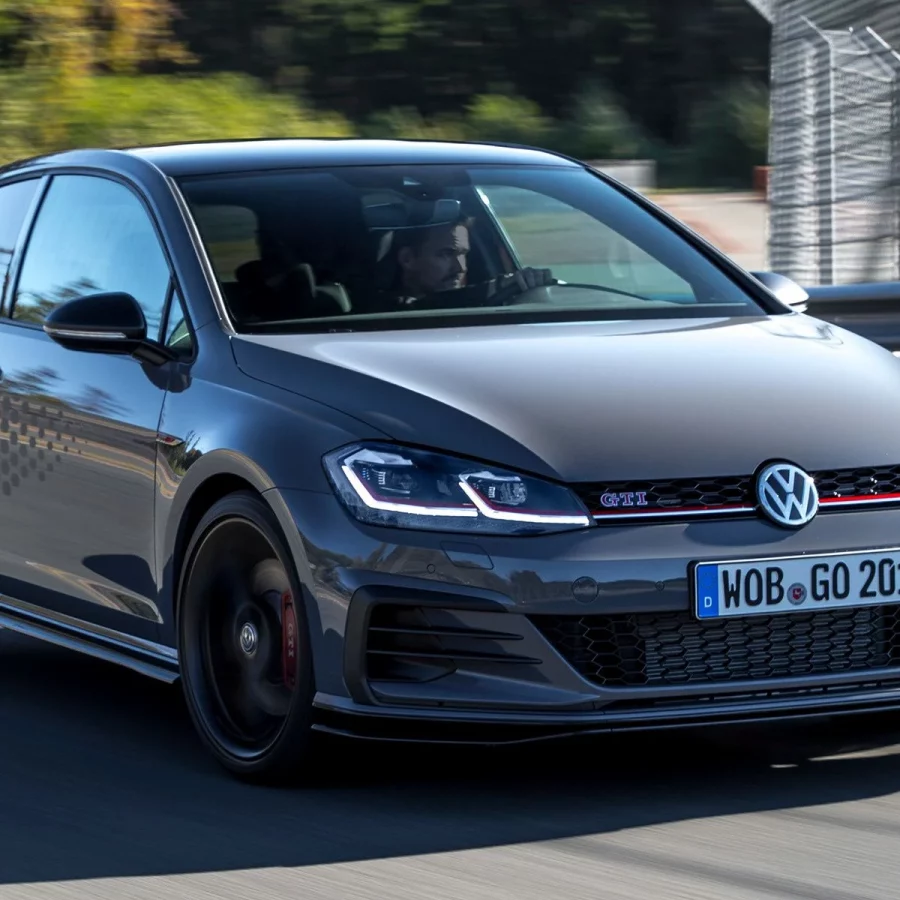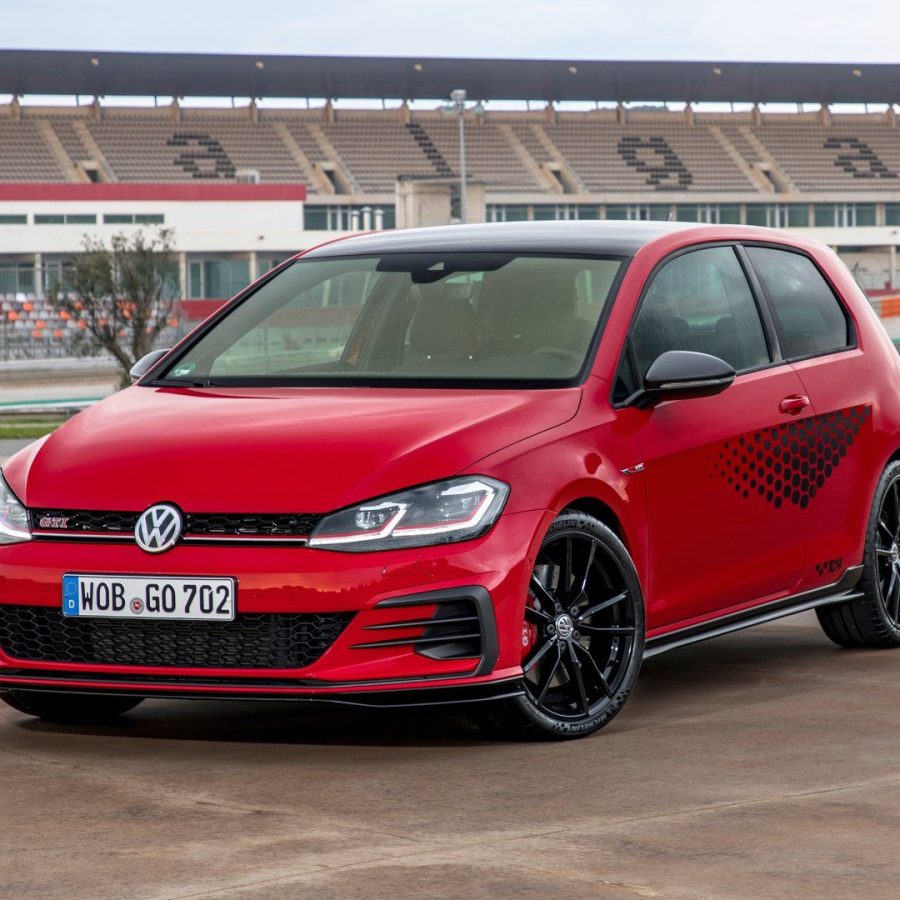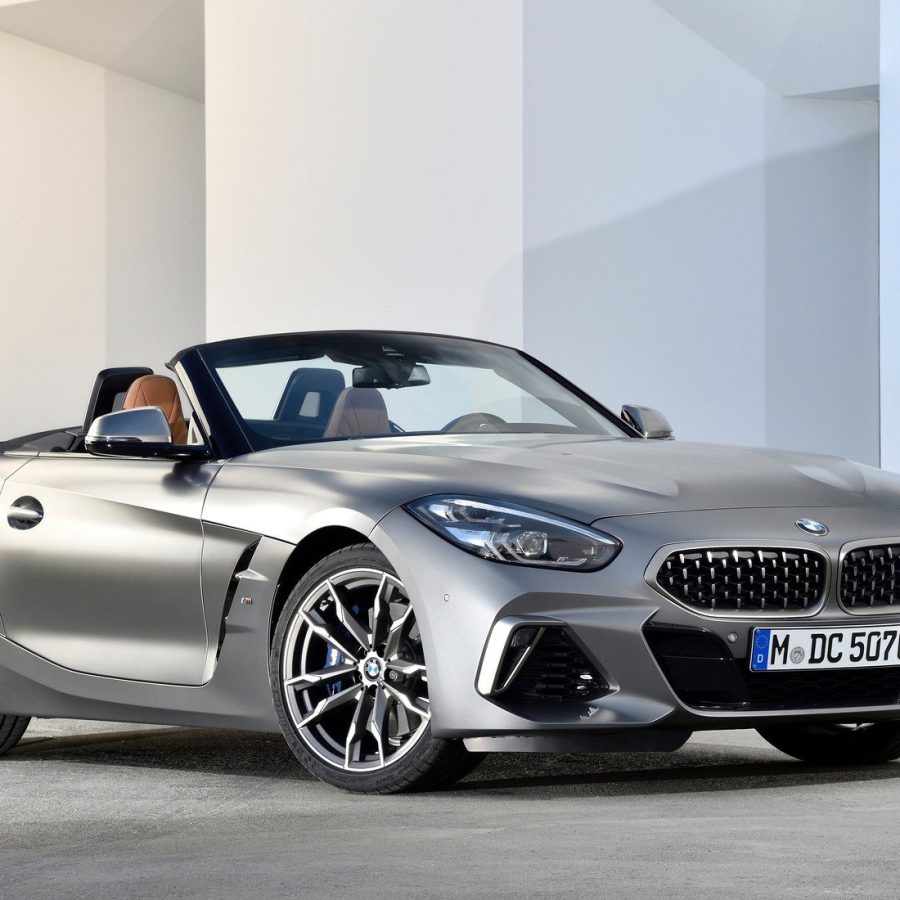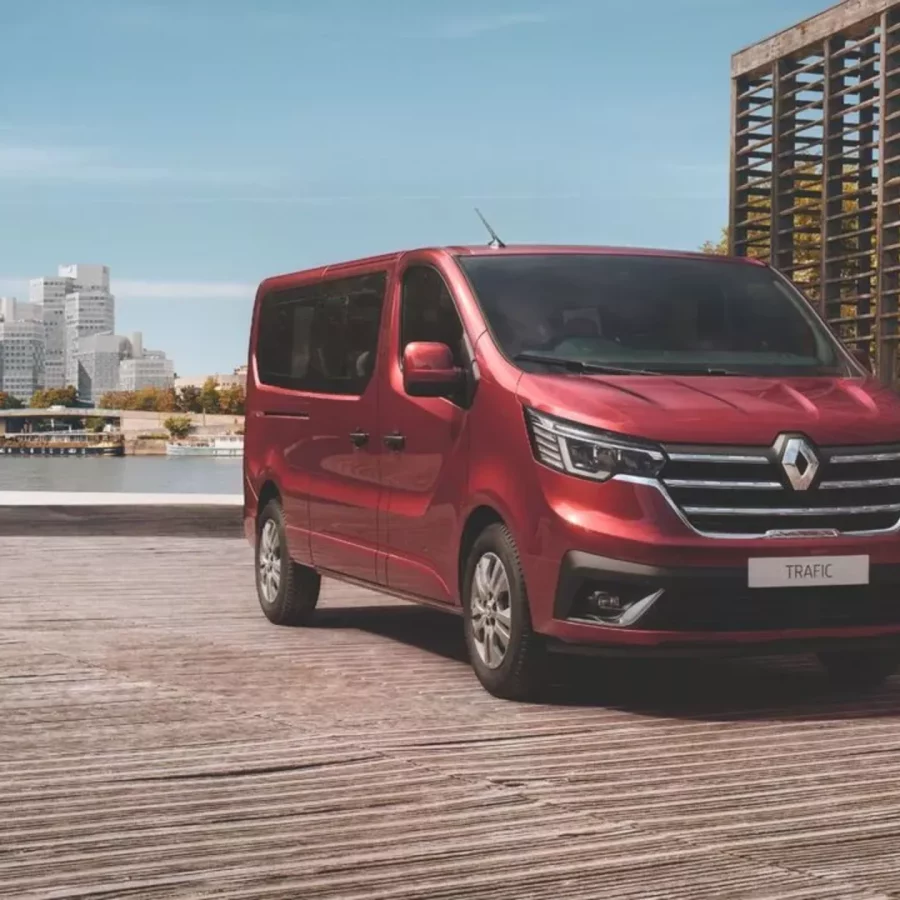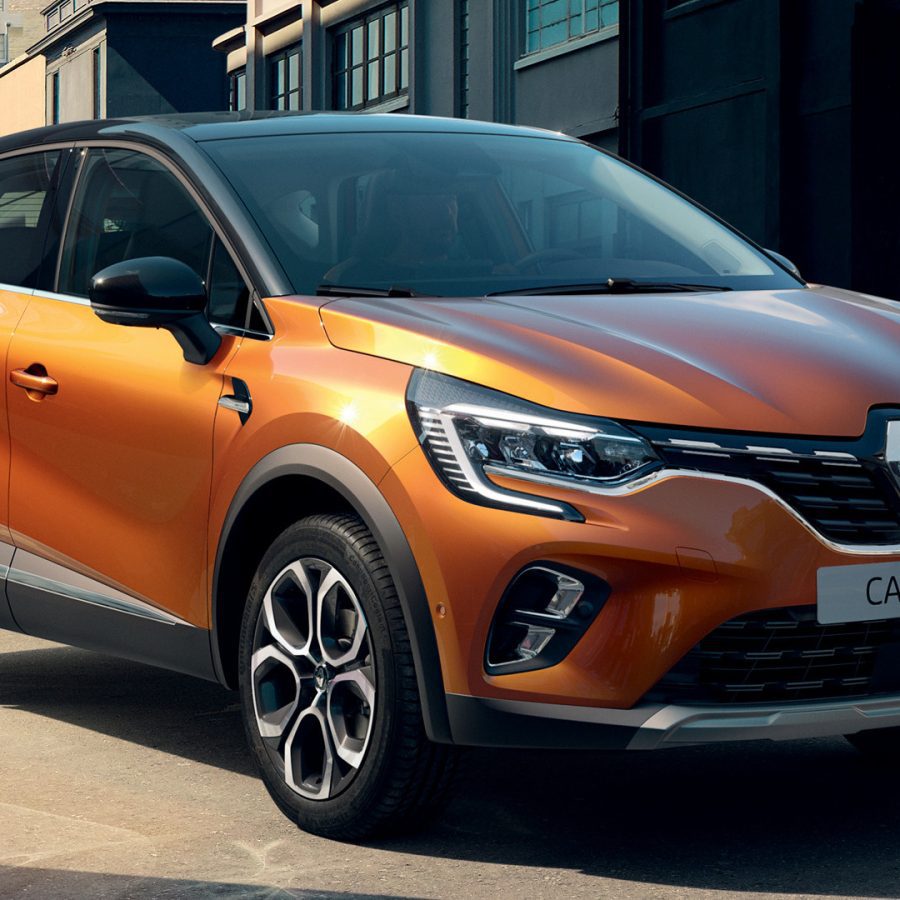2019 Europe Automotive Sales Research
In 2019, the European automotive sector faced a complex landscape of challenges and opportunities. As the continent grappled with political, economic, and technological shifts, the automotive industry adapted and evolved. The European economy faced slowing growth, and this had repercussions on automotive sales. Factors like Brexit uncertainties, global trade tensions, and slowdowns in key markets like Germany contributed to this softer demand. Diesel's reputation had been significantly tarnished in previous years, and 2019 saw a further decline in diesel car sales. Cities continued to discuss or implement bans on older diesel vehicles, and consumers leaned more towards petrol and alternatively powered vehicles. 2019 was a significant year for the adoption of electric vehicles (EVs) in Europe. A combination of environmental concerns, government incentives, and a broader range of available models led to a marked increase in EV sales. The European market's appetite for SUVs, particularly compact SUVs, persisted. Many manufacturers expanded their SUV lineups to cater to this demand. Stricter emission norms and regulations came into play, pushing manufacturers to invest in cleaner technologies. The EU's CO2 emission targets for 2021 exerted pressure on carmakers to reduce fleet-wide emissions, leading to a more rapid push towards electrification. Traditional automakers faced challenges from newer entrants, especially from tech companies and startups venturing into the automotive domain. The lines between tech companies and car manufacturers started to blur.


